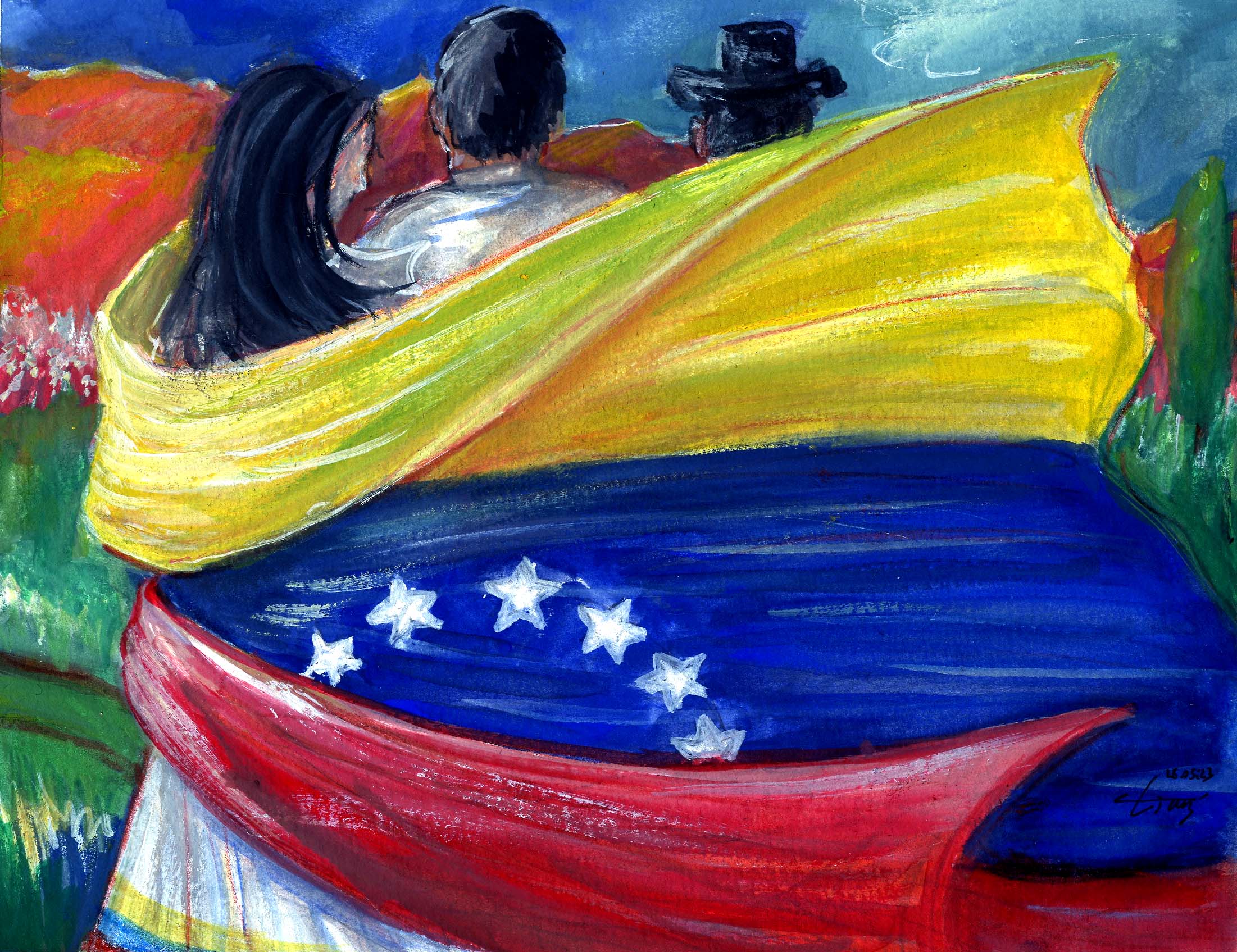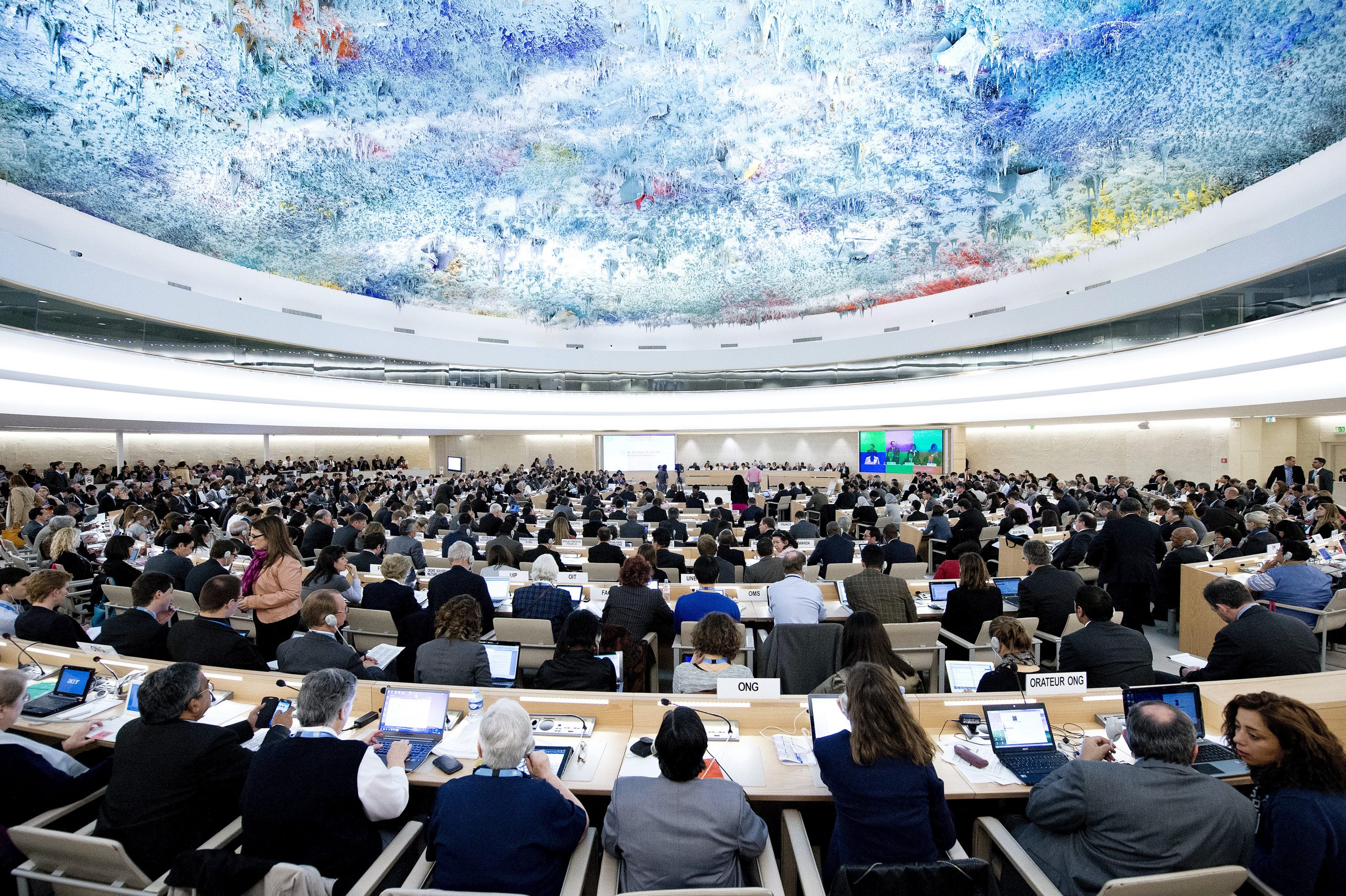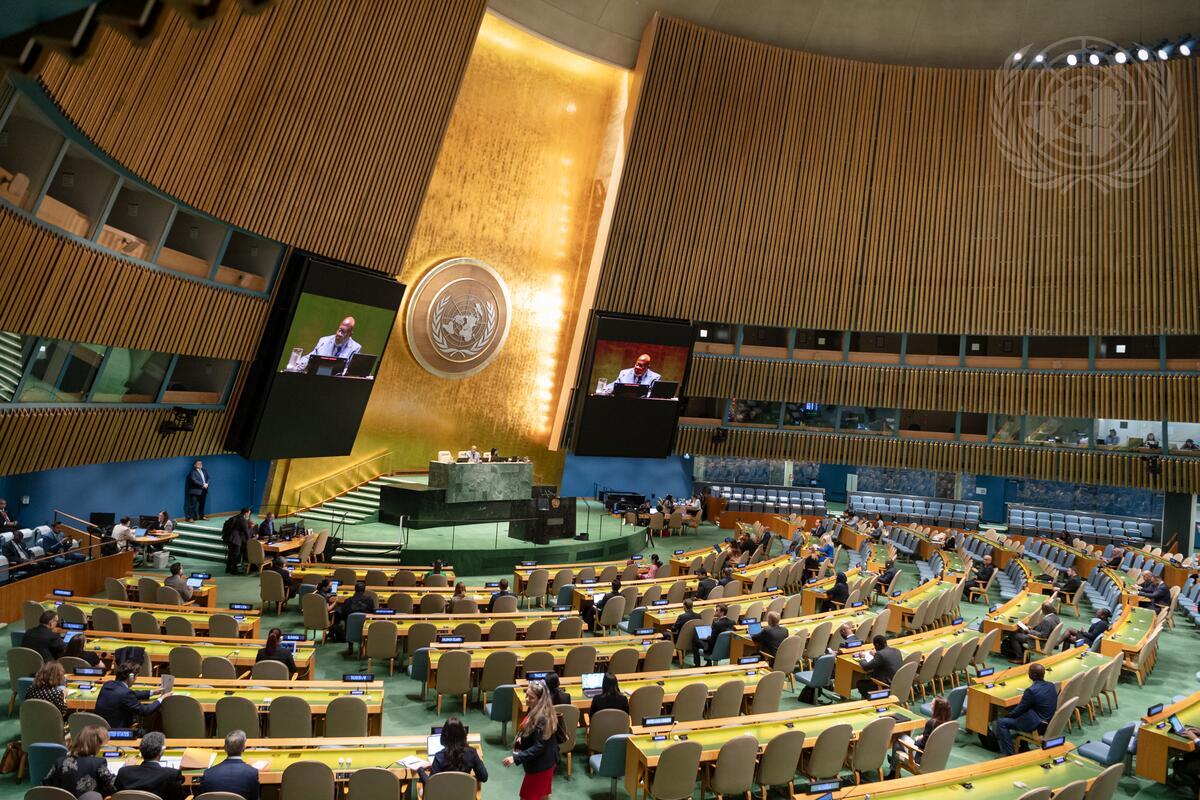The Human Rights Council’s effectiveness relies on its members and their readiness to respond fully to the Council’s mandate. Their commitment to the promotion and protection of human rights at home and abroad is essential to be fit for membership.
‘Elections like the one we saw today are incredibility concerning’, said Tess McEvoy, Programme Manager and Legal Counsel. ‘Not only did we see States with a record of human rights violations, as well as a poor record of cooperation with UN mechanisms voted in to the Council; there were no competitive slates, turning the elections into more of an appointment process.’
All regions presented the same number of candidates as there were seats.
‘Not only do clean slates significantly undermine the credibility of the election, but they are inconsistent with the spirit of the rules in GA resolution 60/251 – which sets out the mandate of the Council and its members. Membership of the Council should be earned through a record of promoting and protecting human rights and cooperating with relevant UN bodies’ added McEvoy.
There are a wealth of materials on the candidates’ human rights records and cooperation with the Council and its mechanisms – including ISHR’s scorecards, world reports produced by Amnesty International and Human Rights Watch, and the yourHRC guide published by the Universal Rights Group.
All of these materials distinctly show that a number of States elected to the Council today are unfit to be members. Eritrea– which has been considered under agenda item 4 of the HRC since 2012, and most recently in June this year; The Philippines– where President Duterte has on repeated occasions insulted or threatened Special Procedures mandates-holders; and Bahrain– where human rights defenders are particularly targeted by the authorities, including through arbitrary detention, judicial harassment, enforced disappearance and torture.
‘We were disappointed to see the number of votes received, specifically by these three countries,’ said McEvoy.
Any candidate – regardless of whether there are competitors to the seat – need to obtain 97 votes from General Assembly members to be elected.
‘Voting against candidates would send a clear message and could keep them out of the Council,’ added McEvoy. ‘However, we are yet to see voting States stand up and take this action, despite over 40 human rights organisations calling on UN Member States to leave the ballot blank when voting for States that are unfit for Council membership’.
The forthcoming members of the Human Rights Council are:
- African Group: Burkina Faso (183 votes), Cameroon (176 votes), Eritrea (160 votes), Somalia (170 votes) and Togo (181 votes).
- Asia Pacific Group: Bahrain (165 votes), Bangladesh (178 votes), Fiji (187 votes), India (188) and the Philippines (165 votes).
- Latin America and Caribbean Group: Argentina (177 votes), Bahamas (180 votes), Uruguay (177 votes).
- Western Europe and Others Group: Austria (171 votes), Denmark (167) and Italy (180 votes).
- Eastern Europe Group: Bulgaria (180 votes) and Czech Republic (178 votes).
Contact: Tess McEvoy, Programme Manager and Legal Counsel, [email protected].
Photo_Jean-Marc Ferré




